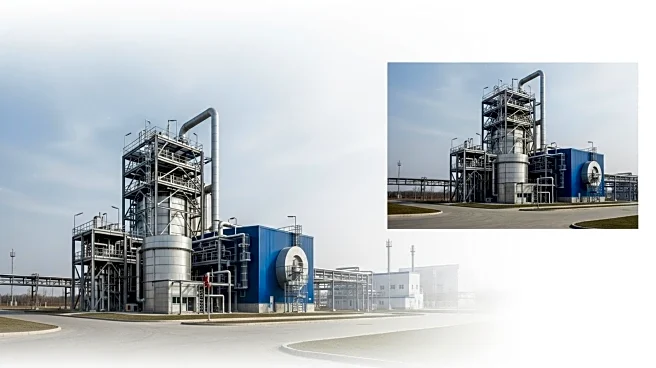What's Happening?
JEA, the municipal utility for Jacksonville, Florida, has announced plans to invest $1.57 billion in developing a 675-MW combined cycle gas plant. This new facility is intended to replace the aging Northside Unit 3, which is set to retire in 2031. The decision was unanimously approved by the JEA board on August 26, 2025. JEA Board Chair Joseph DiSalvo emphasized the necessity of delivering reliable energy to all JEA customers, stating that delaying the combined cycle plant poses unacceptable risks. Despite the board's approval, consumer and environmental advocates have raised concerns about potential rate increases and continued reliance on natural gas. The Sierra Club criticized the decision, arguing that it locks Jacksonville into higher bills and climate pollution for the next 30 years. JEA has considered this plant as a replacement for Northside Unit 3 multiple times over the past decade, including in its 2023 integrated resource plan.
Why It's Important?
The decision to invest in a new gas plant has significant implications for Jacksonville's energy landscape. While JEA argues that owning the plant offers the lowest long-term cost per megawatt-hour and maintains control over operations, critics highlight the environmental and economic risks associated with fossil fuel dependency. The Sierra Club points out that the estimated cost of the plant has tripled since its initial consideration, raising concerns about financial prudence. Additionally, the choice to continue using fossil fuels contrasts with national trends towards renewable energy sources like solar and storage, which are proving to be affordable and reliable alternatives. This decision could impact local energy rates and contribute to climate pollution, affecting both residents and the environment.
What's Next?
The new gas plant will be constructed at the site of the former St. Johns River Power Park, a retired coal plant. Environmental groups, such as the St. Johns Riverkeeper, have expressed disappointment over JEA's lack of plans to retire existing coal facilities and its commitment to fossil fuels for the next 30 years. These groups are likely to continue advocating for cleaner energy solutions and may push for policy changes or public awareness campaigns. As the project progresses, JEA will need to address these concerns and manage the potential impacts on local communities and the environment.
Beyond the Headlines
The decision to invest in a new gas plant raises broader questions about energy policy and sustainability. It highlights the tension between immediate energy reliability and long-term environmental goals. The reliance on fossil fuels may lead to stranded asset costs and increased vulnerability to fuel price volatility. This development underscores the need for utilities to balance economic considerations with environmental stewardship, as well as the importance of engaging with community stakeholders in energy planning.









